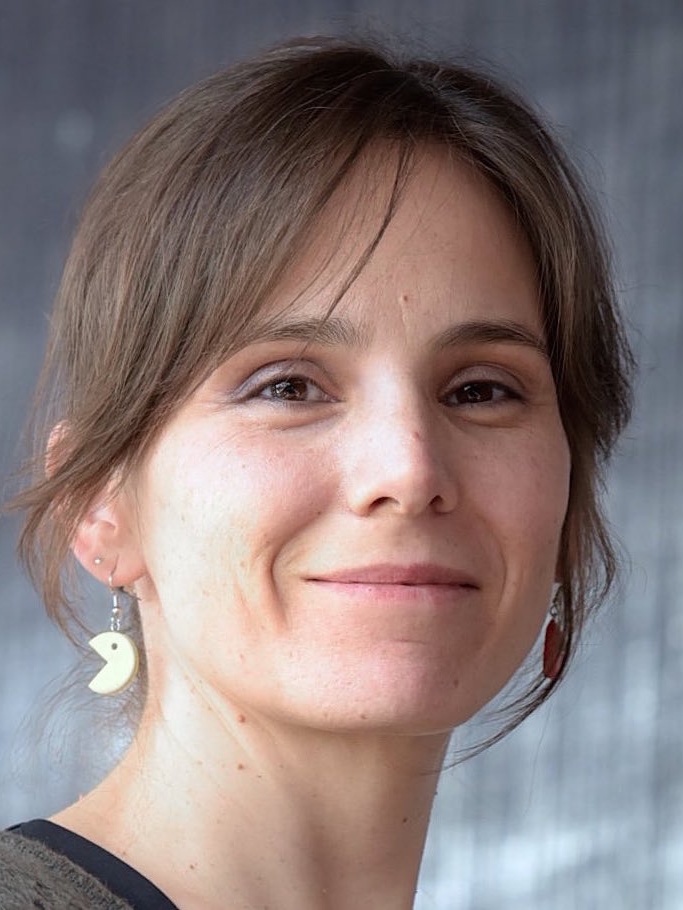
Tutorial speaker Ana-Lucia Varbanescu
Ana-Lucia Varbanescu holds a BSc and MSc degree from POLITEHNICA University in Bucharest, Romania. She obtained her PhD from TUDelft, The Netherlands, and continued to work as a PostDoc researcher in The Netherlands, at TUDelft and VU University in Amsterdam. She is a MacGillavry fellow at University of Amsterdam, where she was tenured in 2018 as Associate Professor. Since 2022, she is also Professor at University of Twente. She has been a visiting researcher at IBM TJ Watson (2006, 2007), Barcelona Supercomputing Center (2007), NVIDIA (2009), and Imperial College of London (2013). She has received several NWO grants (including a Veni grant) and she is co-PI for the GraphMassivizer EU project. Ana’s research stems from HPC, and investigates the use of heterogeneous architectures for high-performance computing, with a special focus on performance and energy efficiency modeling for both scientific and irregular, data-intensive applications. Her latest research focuses on zero-waste computing and systems co-design.
Talk
Heterogeneous Computing: What, Why, How, and Whereto?
Monday, 16:30
Room: Auditorium
In the early 2000s, computer architecture, driven by the end of Moore’s law and Dennard’s scaling, has focused to building efficient parallel processors. For the past 20-odd years, many parallel architectures have emerged, either as general-purpose processors (CPUs) or as dedicated accelerators (e.g., GPUs). Currently, computer systems of all sizes and for all applications—from embedded and real-time systems to large-scale supercomputers for scientific computing—have become increasingly heterogeneous.
Combining parallel, distributed, and heterogeneous computing is the current philosophy behind building high-performance computing systems. However, such heterogeneous systems bring along challenges in terms of performance, programmability, productivity, and energy efficiency. In this talk, I will highlight the benefits and challenges of heterogeneous computing. Using several case-studies, I will demonstrate how we can tackle the challenges of heterogeneous computing, and reap the benefits of such systems for many applications/domains.
To conclude, I will present a few ideas for future directions in heterogeneous computing, and highlight problems that need systematic, software engineering approaches before we can truly make use, effectively and efficiently, of the increased heterogeneity in computing systems.